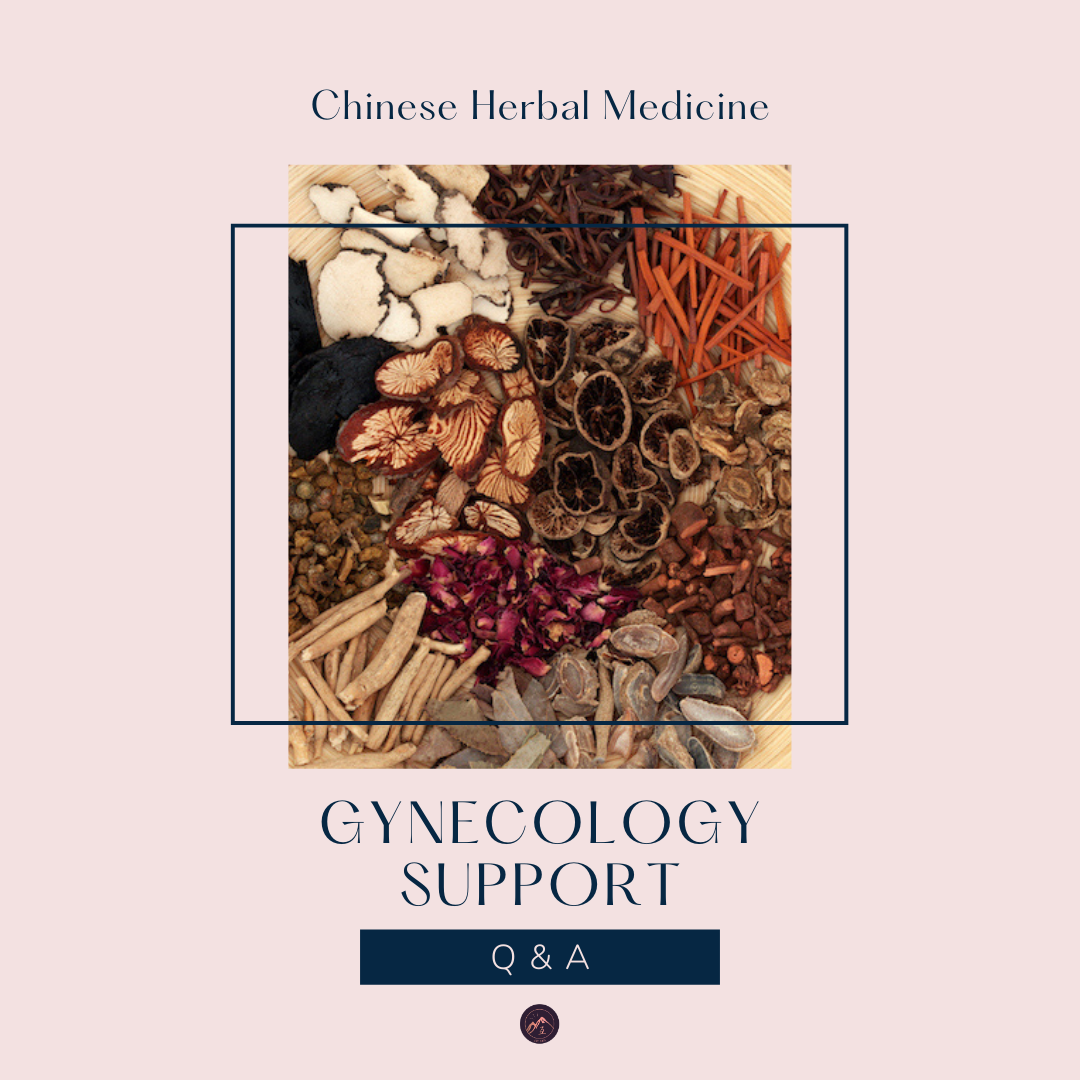TCM & Women’s Health: Chinese herbal medicine has a long history of supporting gynecology
Traditional Chinese Medicine (TCM) has significant advantages in treating gynecological disorders. As early as 1237 A.D., the first book devoted solely to gynecology and obstetrics of Chinese Medicine, The Complete Book of Effective Prescriptions for Diseases of Women, was published. Chinese Herbal Medicine (CHM) and acupuncture usually led to satisfactory curative effects in treating gynecological disorders.[1]
Chinese Herbal Medicine in Traditional Chinese Medicine (TCM) are professional dispense formulas, which are made from the roots, stems, bark, leaves, seeds or flowers of many plants, and some mineral and animal parts. For centuries, Chinese Herbal Medicine has been used to prevent and treat gynecological disorders such as relief of menstrual irregularity, dysmenorrhea [2], uterine bleeding, climacteric syndrome, and improve pregnancy rate. [3] Our clinic looks after women’s health, from menstrual issues, fertility support, pregnancy care to post-menstrual help. Have questions? Contact us at (905)721-4917 or go.tcm.jane@gmail.com
🙋 Common Q&A
Q: Can I take Chinese herbal medicine while on other medication?
A: In most cases, it is safe to take herbs while on medications. However, you should always consult with both your medical doctors and registered TCM practitioners.
Q: Will Chinese herbal medicine help premenstrual syndrome?
A: Yes. A 2008 study indicates that the use of Chinese herbal medicine can effectively reduce the occurrence and severity of premenstrual syndrome symptoms. [4]
Q: I have heard the name Si-Wu Tang. What is that?
A: Si-Wu Tang was first recorded in Tai Ping Huei Min Ho Chi Chu Fang of the Sung dynasty (A.D. 1107~1110). It has traditionally been used for treating gynecological diseases, other estrogen-related disorders. Furthermore, traditional medicine doctors also use it to cure weakness in various parts of the body due to anemia. [5] Always consult with your registered TCM practitioners before taking any herbal medicine.
📚 Recommend readings
· Feed Your Fertility: Your Guide to Cultivating a Healthy Pregnancy with ... https://books.google.ca/books/about/Feed_Your_Fertility.html?id=ryJUBgAAQBAJ&printsec=frontcover&source=kp_read_button&redir_esc=y#v=onepage&q&f=false
· The First Forty Days: The Essential Art of Nourishing the New Mother https://books.google.ca/books/about/The_First_Forty_Days.html?id=lNaiCwAAQBAJ&printsec=frontcover&source=kp_read_button&redir_esc=y#v=onepage&q&f=false
📜 Resources:
1. Zhou, J., & Qu, F. (2009). Treating gynaecological disorders with traditional Chinese medicine: a review. African journal of traditional, complementary, and alternative medicines : AJTCAM, 6(4), 494–517. https://doi.org/10.4314/ajtcam.v6i4.57181
2. Zhu X, Proctor M, Bensoussan A, Wu E, Smith CA. Chinese herbal medicine for primary dysmenorrhoea. Cochrane Database of Systematic Reviews. 2008;(2):CD005288. https://pubmed.ncbi.nlm.nih.gov/18425916/
3. Ried, K., & Stuart, K. (2011). Efficacy of Traditional Chinese Herbal Medicine in the management of female infertility: a systematic review. Complementary therapies in medicine, 19(6), 319–331. https://doi.org/10.1016/j.ctim.2011.09.003
4. Chou, P. B., Morse, C. A., & Xu, H. (2008). A controlled trial of Chinese herbal medicine for premenstrual syndrome. Journal of psychosomatic obstetrics and gynaecology, 29(3), 185–192. https://doi.org/10.1080/01674820801893011
5. W. D. Chen, H. S. Huang, Y. C. Su et al., “The characteristics and prescription patterns of Chinese herbal medicine in clinical practice for the treatment of anemia,” Taiwanese Journal of Obstetrics and Gynecology, vol. 57, no. 4, pp. 570–577, 2018. https://doi.org/10.1016/j.tjog.2018.06.030

